不锈钢钢复合螺栓耐蚀性能研究毕业论文
2020-06-30 21:13:11
摘 要
为了测评不锈钢/碳钢螺栓的耐腐蚀性能,对螺栓原材料各道次进行盐雾实验。对不抛光以及抛光的原材料进行对比试验,试验从外观腐蚀情况和电化学参数两个方面了解螺栓的耐腐蚀性能参数,并分析造成腐蚀的各种因素以改善生产工艺,优化复合螺栓的生产工艺,提高现有的螺栓耐蚀性能。得出氧化皮的二次腐蚀是导致原材料严重腐蚀的主要诱因,这主要是由于带锈式样表面疏松的氧化层无法有效的阻挡腐蚀介质与金属相接触,阳极点的增加导致开路电位的下降。粗圆钢的表面存在明显的褶皱导致缝隙,同时缝隙中还存在未除去的锈层,这是导致粗圆钢腐蚀性下降的主要原因,而粗圆钢下一道工序生产的细圆钢的耐蚀性很高,主要原因为在进行拉光圆的过程中,粗圆钢的褶皱处被不断拉平,同时缝隙处之间的间隙不断减小,最终导致细圆钢具有良好的耐蚀性。双金属复合材料表面的疏松氧化层会加速不锈钢材料的腐蚀,同时螺牙处存在的褶皱也会加速螺栓的腐蚀。为了增强螺栓耐蚀性,必须改进生产工艺。
关键词:双金属复合螺栓 缝隙腐蚀 氧化层
Study on Corrosion Resistance of Stainless Steel/Carbon Steel Composite Bolts
Abstract
In order to evaluate the corrosion resistance of stainless steel/carbon steel bolts, salt spray tests were performed on each pass of the bolt raw material. Comparative tests were conducted on non-polished and polished raw materials. The corrosion resistance parameters of the bolts were understood from two aspects of appearance corrosion and electrochemical parameters, and various factors that caused corrosion were analyzed to improve the production process and optimize the production process of composite bolts. , Improve the corrosion resistance of existing bolts. It is concluded that the secondary corrosion of oxide scale is the main cause of severe corrosion of raw materials. This is mainly due to the fact that the oxidized layer with a rust-like surface cannot effectively prevent the corrosive medium from coming into contact with the metal. The increase in the number of anode points leads to a decrease in the open circuit potential. There are obvious folds on the surface of the rough round steel that cause cracks, and there are still unremoved rust layers in the gaps, which is the main reason that leads to the deterioration of the corrosion of the rough round steel, and the resistance of the fine round steel produced in the next process of the rough round steel The reason for the high erodibility is that during the process of drawing light, the wrinkles of the thick round steel are continuously flattened, and the gap between the gaps is continuously reduced, and finally the fine round steel has good corrosion resistance. The loose oxide layer on the surface of the bimetal composite material will accelerate the corrosion of the stainless steel material. At the same time, the presence of wrinkles at the threads will also accelerate the corrosion of the bolt. In order to enhance the corrosion resistance of bolts, it is necessary to improve the production process.
Key Words: Metal composite bolt; Crevice corrosion; Corrosion factors; Oxide layer
目 录
摘 要 I
Abstract II
第一章 绪论 1
1.1 金属复合材料概述 1
1.2 金属层状复合材料 1
1.3 螺栓的腐蚀与防护 2
1.3.1螺栓的腐蚀问题 2
1.3.2 螺栓的防护措施 3
1.4 不锈钢/碳钢复合螺栓 3
1.4.1不锈钢/碳钢复合螺栓研究现状 3
1.4.2 304 不锈钢及其腐蚀原理 4
1.5 课题的意义 6
第二章 实验内容 7
2.1 实验主要仪器和药品 7
2.1.1 试验主要仪器设备 7
2.1.2 试验药品 7
2.2 实验选材 8
2.2.1 不锈钢/碳钢螺栓成分 8
2.2.2 电化学实验选材 9
2.3 盐雾试验 10
2.4 电化学实验 11
第三章 结果与讨论 13
3.1 盐雾试验现象及分析 13
3.1.1 螺栓原材料各道次盐雾实验 13
3.1.2 不锈钢/碳钢螺栓的盐雾试验 15
3.2 电化学实验分析 19
3.2.1 开路电位分析 19
3.2.2 交流阻抗分析 20
第四章 结论 23
参考文献 25
致谢 27
第一章 绪论
1.1 金属复合材料概述
现代科学技术飞速发展,工业技术亦日新月异。随之而来的是工业对材料技术要求的提高。新的工业设备对材料的硬度,强度,耐蚀性,热稳性以及工作寿命和生产成本等提出了更高的要求。单一材料早已远远无法满足工业生产的需求,复合技术由此而生。
根据国际标准化组织(International Organization for Standardization,ISO)对复合材料的定义,复合材料是由两种或两种以上的物理和化学性质不同的物质组合而成的一种具有多相固体材料。这些具有不同物理和化学性质的物质,以微观、亚微观或宏观等不同的结构尺寸与层次,经过复杂的空间组合而形成的一个材料系统。[1]
复合材料大多是由基元体与增强组元或功能性组元组成。通过复合技术对原始基体材料甄别选择、并通过更改各组分材料含量配比、对各组分材料分布设计,使各基体材料优点互补,从而使其表现出更优于几种单一材料的综合理化性能。本文主要讨论复合材料中的分支金属复合。金属复合材料是以金属或合金为基元的复合材料。其属性取决于基体金属或合金的基本性质、含量、分布等等。其特性如下:
相关图片展示:
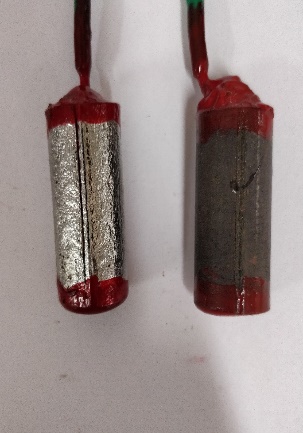
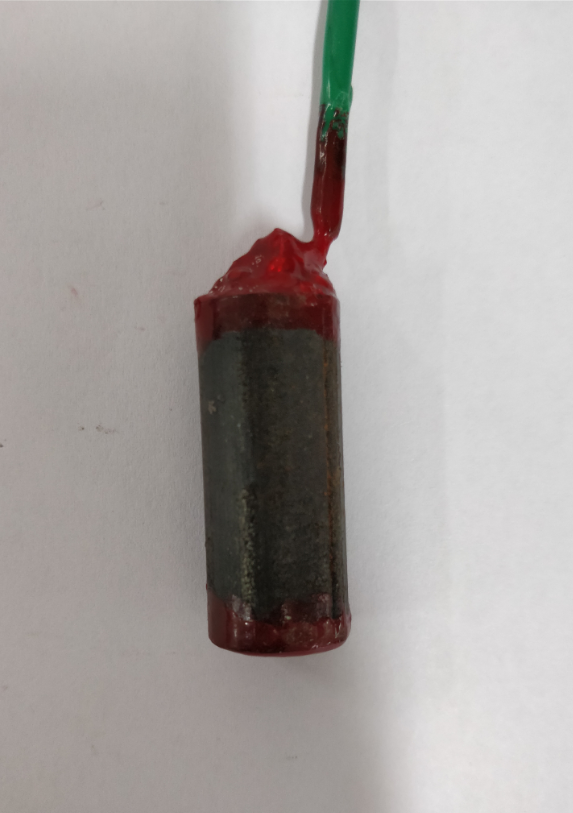
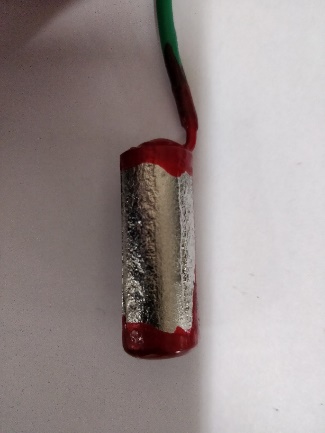
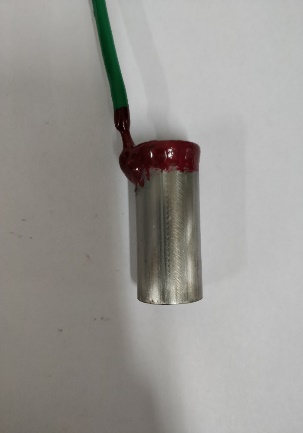
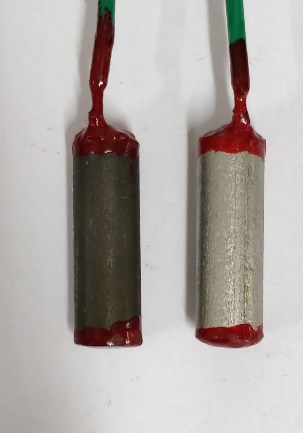
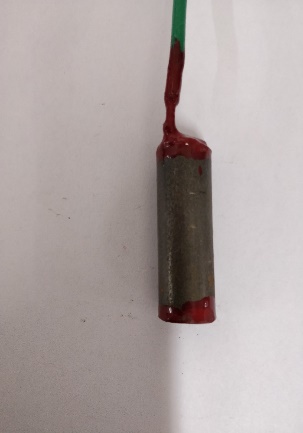
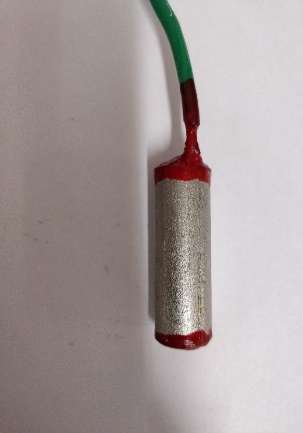
您可能感兴趣的文章
- 表面活性剂改性疏水性Cu2O量子点作为高效钙钛矿太阳能电池顶部空穴传输材料外文翻译资料
- Nb 和 Ni 共掺杂 Mg(0001)氢解离扩散的理论研究:外文翻译资料
- 低温固相法制备锂离子电池正极材料LiFeSO4F毕业论文
- 锂空气电池新型正极催化剂Gd2Zr2O7的制备与性能研究毕业论文
- 酸类添加剂对beta”-Al2O3电泳沉积成型法的影响毕业论文
- CuZr非晶合金中短程有序结构及其与玻璃形成能力的关系研究毕业论文
- 靶电流对多弧离子镀TiN镀层微观结构和性能的影响毕业论文
- 基于溅射离子镀技术的黄色系镀层制备及色彩表征毕业论文
- 电参数对铝合金汽缸微弧氧化陶瓷层性能的影响毕业论文
- 基于溅射离子镀技术的蓝色系镀层制备及色彩表征毕业论文




